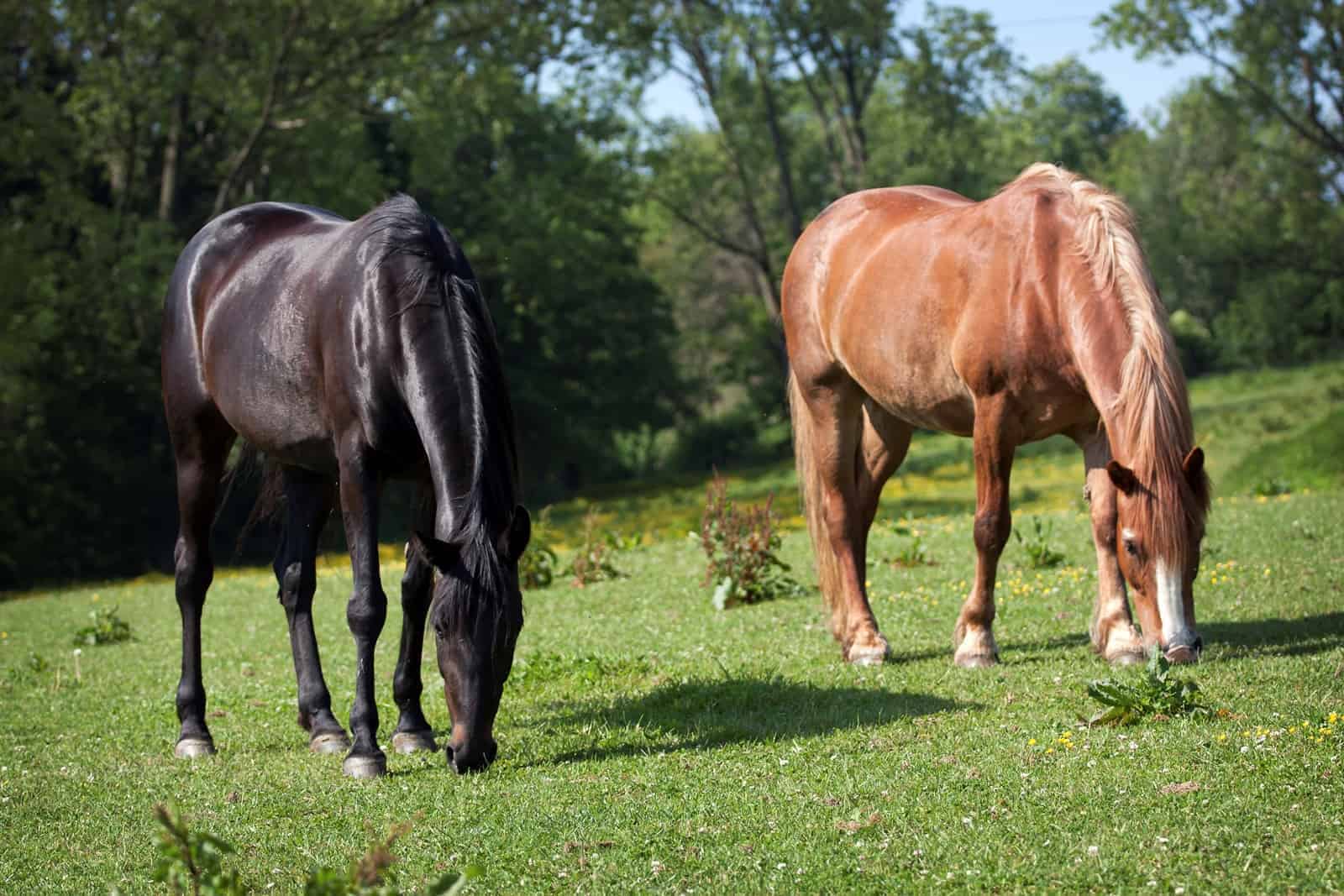Can Nutrition Boost the Equine Immune System?

This is a relatively new area of scientific investigation in equine health. Lori Warren, PhD, PAS, equine nutritionist in the Department of Animal Sciences at the University of Florida, presented on the topic at the 15th Annual Mid-Atlantic Nutrition Conference, held in Hunt Valley, Maryland, on April 6, 2017.
The Immune System
The immune system has two main components: innate and adaptive. The innate immune system is the general, first line of defense against pathogens (disease-causing organisms) or trauma. You’re born with it, and it has no specificity or “memory.” The adaptive immune system learns to “remember” specific pathogens so it can respond to them faster. Antibodies resulting from vaccination are the most well-known adaptive immune response. The immune system has a lot of redundancy, so if one part fails, there’s often a backup. Innate and adaptive immune systems work together to coordinate a response.
The equine industry in general is interested in things that will improve overall horse health, and owners spend lots of money on nutritional supplements. But do they really help boost immunity? It’s possible
Create a free account with TheHorse.com to view this content.
TheHorse.com is home to thousands of free articles about horse health care. In order to access some of our exclusive free content, you must be signed into TheHorse.com.
Start your free account today!
Already have an account?
and continue reading.
Written by:
Nettie Liburt, MS, PhD, PAS
Related Articles
Stay on top of the most recent Horse Health news with















